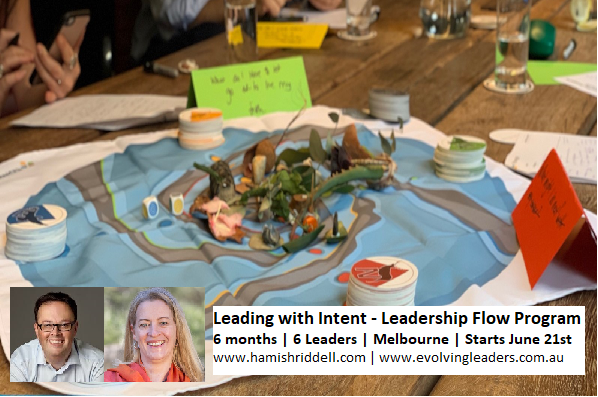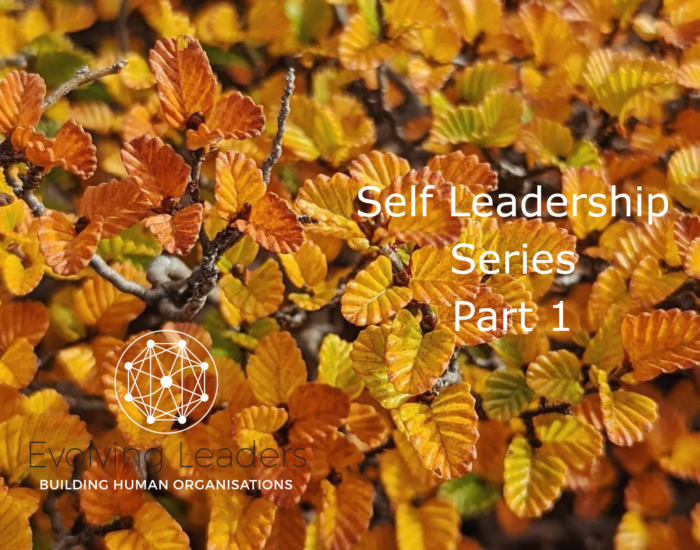Reflective practice: a leadership super power
The previous post involved a personal story that highlighted the shifts that can happen when we make space to reflect. This post builds on that example and explores other benefits of reflection, why the reflective practice is a leadership super power and how to build it as a practice into your own way of being.
Leaders whom I work with in a coaching capacity often comment that during our time together they experience a sense of space and an absence of judgement. They appreciate the chance to slow down and reflect. It’s from this place that clarity and insight become available resulting in better decisions, choices and outcomes.
To be truly conscious, awake and aware of both your inner landscape and the outer terrain of work and life requires a paradigm shift for leaders about the importance of something I believe is a leadership ‘super- power’: reflective practice.
I wish I could find a better term for it than ‘reflective practice’ – I know it sounds more like something that nuns would prescribe as a punishment at boarding school than a leadership super power. (Perhaps you can suggest a better name?)
Nevertheless, it’s the sentiment rather than the name that is important.
Reflective practice needs to become something that happens not just in a formal setting such as coaching. Rather, it needs to extend to become an integrated part of your daily, weekly, monthly and yearly modus operandi as a leader.
What is reflective practice?
Joseph A Raelin, in his article‘”I don’t have time to think” versus the art of reflective practice’,defines reflection as:
‘the practice of periodically stepping back to ponder the meaning of what has recently transpired to ourselves and to others in our immediate environment. It illuminates what the self and others have experienced, providing a basis for future action.’
How does reflective practice help?
As highlighted in the personal story in my previous post, often when we are in the middle of a situation, particularly a stressful one, we cannot maintain the perspective we need to be able to see the situation holistically. It’s only when we create the space and time to reflect that we are able to ‘step off the dance floor’ and get a broader ‘balcony’ perspective of what’s going on. The outcome? Insight, insight, insight. Insight about how you showed up effectively (or not so effectively). A greater capacity to see the perspective of others. The opportunity to identify what ‘triggers’ you and to explore why. The chance to bring light to a problem that may have felt impossible to solve, creating new options and a clear pathway forward.
Why does this matter? Because the consequence of not making time to reflect is quite possibly collateral damage to projects and relationships; damage that is inevitable when we operate completely in action and reaction.
Perhaps you can recall a specific example of where this may have happened to you? Or the opposite: can you think of a time when you did create the time and space to reflect on a challenge and experienced a positive outcome as a result?
What are the benefits?
Some of the benefits of reflective practice are:
- Seeing below the surface to reveal what really is happening. Reflective practice can make the invisible visible. For instance, it can bring to the surface a personal value that might be important to yourself or others and that might explain why a conversation/ outcome/ situation went in a particular direction.
- Restoring wellbeing:
- A simple shift from ‘doing’ constantly to taking space out to ‘be’ helps our nervous system to restore balance (Blog: Mastering thinking and doing AND feeling and being).
- A dose each of compassion and self-compassion will go a long way towards resolving something that doesn’t feel so good so that you can let it move through you (Blog: Are you being a good friend to yourself?)
- Reflective practice opens the opportunity for gratitude. Research has shown that the practice of gratitude has many positive benefits (https://positivepsychologyprogram.com/benefits-gratitude-research-questions/ )
- Connecting the dots. With reflective practice we may begin to see connections between behaviours, actions or situations that previously didn’t appear to be connected. For example, when I learned that one of the personal values of a colleague was ‘control’, I started to understand some of the ways she was behaving in our collaboration. I had previously I felt that her behaviour was out of character and not really serving our partnership. This provided an opportunity to open up the conversation. Connecting the dots can also happen within our own internal landscape. To share a personal example: understanding that the reason I was overprotective of my daughter stemmed from an experience in my past in which I didn’t feel safe.
- Insight, insight, insight. Reflective practice ignites learning about ourselves and the people and world around us. This is essential if we want to live and lead consciously and learn and grow.
- Strengthening connections: with ourselves – what matters to us at our core – and in our relationships with other people.
- Shifting you out of a reactive mindset to allow constructive ‘above the line’ responses. Reflective practice will make you less likely to react and add fuel to what might already be a difficult situation. You are more likely to ‘discharge the heat’ and approach the next conversation in a more open and constructive manner. ( If this concept is new to you – check out this 3 minute u-tube – it’s a concept well worth knowing)
One of the greatest leadership/life challenges is knowing who we are and what matters to us at our core while also not letting the busyness of life and a multitude of external distractions pull us away from that.
One thing is guaranteed: unless you deliberately and regularly carve out space to engage in reflective practice and take a balcony perspective, life will pull you off course from your centre – from who you are and what matters to you.
On the other hand, if you do build reflective practice into the rhythm of your life, the conversations might be tougher but the outcomes will be so much richer.
In my next post, I outline one of the big road blocks that many people experience in getting started with reflection and provide some tips and great questions to get you started.





